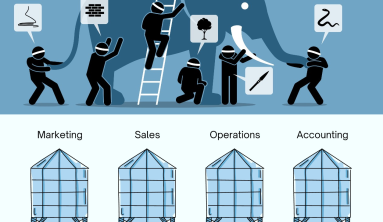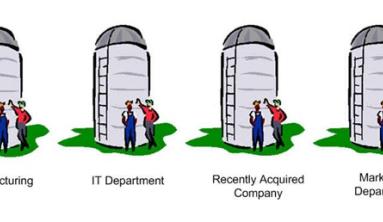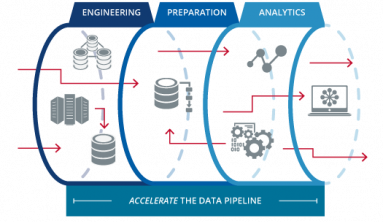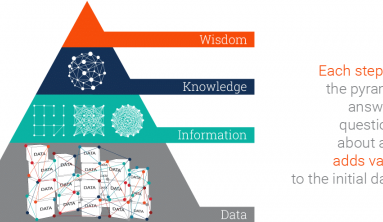What is Data Auditing?
Data auditing is the assessment of data for quality throughout its lifecycle to ensure its accuracy and efficacy for specific usage.
Data auditing is the process of conducting a data audit to assess how company's data is fit for given purpose. This involves profiling the data and assessing the impact of poor quality data on the organization's performance and profits
What is Data Curation?
Data curation is the process of creating, organizing and maintaining data sets so they can be accessed and used by people looking for information.
Data curation is an end-to-end process of preparing and managing data so business users can easily understand and readily use it. It is the skill of selecting and bringing together relevant data into structured, searchable data assets that are ready for analysis.
The ultimate goal of data curation is to reduce the time from data to insights. With the growing amount of data in organizations today, data curation is becoming essential. Without it, business users can neither locate useful data nor use it to its maximum potential.
What is Data Governance?
Data governance (DG) is the process of managing the availability, usability, integrity and security of the data in enterprise systems, based on internal data standards and policies that also control data usage. Effective data governance ensures that data is consistent and trustworthy and doesn't get misused.

What is Data Stewardship?
A data steward is an oversight or data governance role within an organization, and is responsible for ensuring the quality and fitness for purpose of the organization's data assets, including the metadata for those data assets.
Data stewardship is not necessarily an information technology function, nor should it necessarily be considered to be a full-time position, although its proper execution deserves an appropriate reward. Data stewardship is a role that has a set of responsibilities along with accountability to the line-of-business management.







